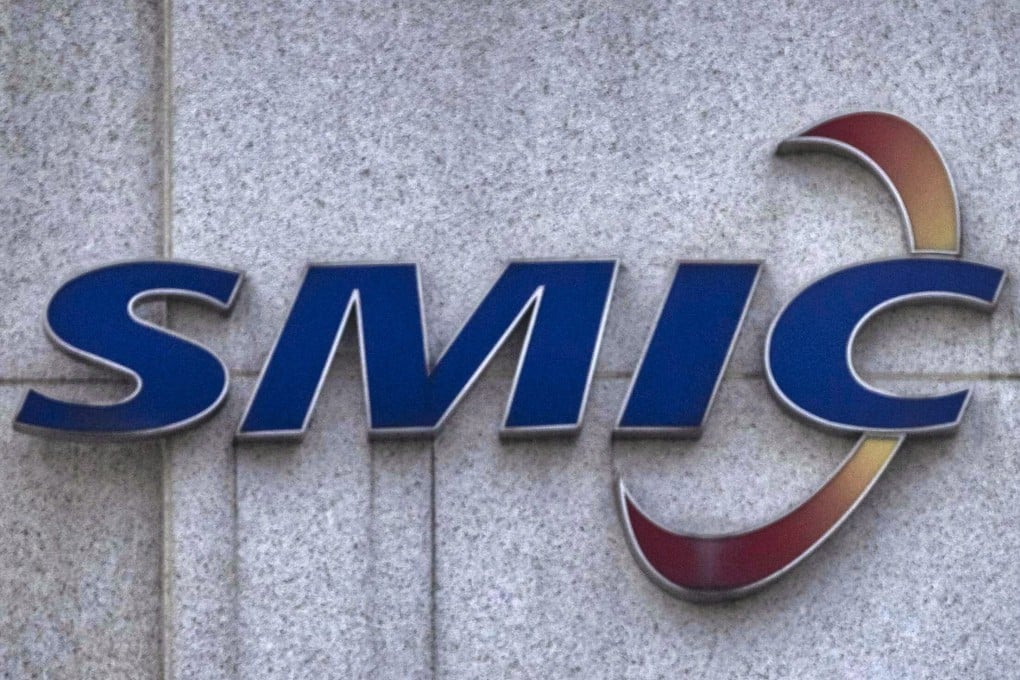Chinese chip-maker SMIC reports record high revenue but warns US export curbs have delayed some equipment
- SMIC says it has been actively communicating with US government, suppliers to help obtain the licences it needs for US-origin equipment
- SMIC says US restrictions have delayed supply of some equipment, affecting investment and capacity plans

China’s leading foundry Semiconductor Manufacturing International Corporation (SMIC) reported record high revenue of US$1.08 billion for the July-September quarter, a 32.6 per cent increase from the same period a year ago, but warned that US export restrictions had delayed the supply of some US-made parts and equipment.
Shanghai-based SMIC’s revenue was boosted by increased consumer demand for smartphones and smart home products – for which it supplies chips – although restrictions on US-origin technology could impact its capital spending and capacity expansion plans going forward.
“The first impact [of US export controls] is on our scheduled capacity expansion,” said Zhao Haijun, SMIC co-chief executive officer, during an earnings call with analysts on Thursday. He added that SMIC was still “in the process of application” for some machines aimed at planned wafer production in the fourth quarter and first quarter of 2021, with a “two-month delay” on certain ones.
Zhao said SMIC has been communicating with the US government and working with US suppliers to obtain the licences it needs for certain US-origin equipment, parts and raw materials. He said US export restrictions may impact both 8 and 12-inch wafer production lines and its advanced and mature process nodes business going forward.
SMIC, which uses a large amount of US-origin tech in its production lines, has been caught up in a widening tech war between the US and China. This has seen the US add more Chinese companies, such as Huawei and leading Chinese AI and semiconductor companies, to its trade blacklist on national security grounds. China meanwhile has been on a drive to achieve greater self-reliance in strategic technology sectors, such as semiconductor production.